I have spent 16 of my 29 summers with Tamarack Camps. Starting as a camper, losing myself in the warmth of summer days and the great outdoors. Later, as a counselor helping my kids overcome Nature Deficit Disorder, deal with homesickness, and most of all learn about themselves. Being at Tamarack can mean being in a bunk in Ortonville, a tent in the Upper Peninsula, a canoe in Canada, a bus in Yellowstone — even in a Tamarack T-shirt someone spotted me wearing on the beach in Costa Rica.
I was working for Tamarack when we made the decision that no one would be at camp in person in 2020. Canceling camp was one of the earliest, deepest pandemic heartbreaks, like many others that have taken up our emotional energy the past year and a half. But what happened following the cancellation is the real story. The team began to build for the summer of 2021, to figure out exactly what would need to happen — for us to have a healthy and safe summer at Tamarack Camps that still held onto the traditions and familiarity of years past.
What was it going to look like to bring our community’s youth together again in the midst of a global pandemic and worldwide trauma? We got to work, through guidance from our board and committees made up of medical, social work and public health professionals. The team came up with robust policies and procedures, with the main goal still remaining: keeping our community healthy and safe.
For Camp Maas in Ortonville, conversation about building a bubble began early on. What would it look like to build a closed community, where once campers and staff entered (after quarantining, and pending negative PCR tests), if there was a need to leave camp, they could not return back to the Ortonville bubble? Policies like this began to develop and life at Camp Maas was looking very likely as the year went on.
Camp looked a little different this summer, but the integrity of camp was alive. Campers were broken down into villages, where they became a pod, a family. For the first five days of camp, campers stayed in their pods. Each celebrated Shabbat and Havdalah as a small community, had separate Circus Day carnivals, got personal all-camp introductions and built a special bond in each village.
Eight days into camp, the bubble was popped, and we celebrated all together as one big mishpacha. Some campers darted around until they found their brothers and sisters; other siblings seemed to prefer being sequestered. The traditions of camp endured — Israel Day, Maccabiah, Foxfire, our first annual Tamarack Day and so much more! The comeback summer at Camp Maas was unlike any summer before.
Other programs were less bubblable, especially those that crossed borders. Our Israel trip, Alaska Trip (which goes through Canada) and Agree Outpost Camp in Wawa, Ontario, seemed undoable with fluctuating border and travel restrictions. Even our Western Trip, where campers visit the national parks by bus and stay at campsites, carried too much risk of exposure.
With cancellation, opportunity presented itself. When we first rolled out our new COVID-friendly offerings for the summer of 2021, there was no program available for 11th graders. At the suggestion of a past camper, we developed a program at a new outpost camp. We rented Camp Olmsted, a boy scout camp in Allegheny National Park in Pennsylvania, nestled in 485 acres of natural woodland along 3 miles of shoreline.
I was lucky enough to be on the ground as the director of Camp Kennedy, one of Tamarack Camps’ beloved Outpost Camps, just outside of Munising, Michigan, across the road from Pictured Rocks on Lake Superior.
At Camp Kennedy, we were able to “bubble up” each session. There were lots of small tweaks for COVID that took place. We needed to take charter buses, with bathrooms in them for the 6-hour ride to avoid potential exposures at rest stops and gas stations. We were unable to go up to Agree Outpost Camp, where we usually would be for our canoe trip. Instead, we canoed and portaged at a park called Sylvania, in the western side of the Upper Peninsula. We weren’t able to do our beloved Town Day, where campers could explore Munising, do their laundry and get to order “real food” at Muldoons Pasties or The Dog Patch.
But Kennedy felt the same as it had when I was a camper there in 2007 and 2008, and when I was a staff there in 2011 and 2012. Kennedy continues to embody connection with nature – cooking over campfires, feeling the relief of taking off your pack after hiking 9 miles through the Porcupine Mountains, kayaking on Nevins Lake, sharing Havdalah on the shores of Lake Superior.
And Pictured Rocks? For all the photos people take, there’s really no way to capture the feeling of the sun reflecting off the water and warming your skin as the wind winds around the cliffs and cools the air.
Like past summers, we had our same goofy programs, cooked meals together, laughed, sang, cried, and grew together as a group. My staff and I had the privilege of being together for 80 days straight. The seven of us spent our time together building relationships – and building on our 100+ summers of camp experience to create an incredible summer for 21 campers each session.
Tamarack in the time of COVID taught us that a summer at camp … is a summer at camp. Whatever the pandemic took away from us, we took it back by having the best summer of our lives at Tamarack Camps in 2021.
Rachel Fine is the Community Engagement and Outpost Director at Tamarack Camps, and Tamarack lifer.
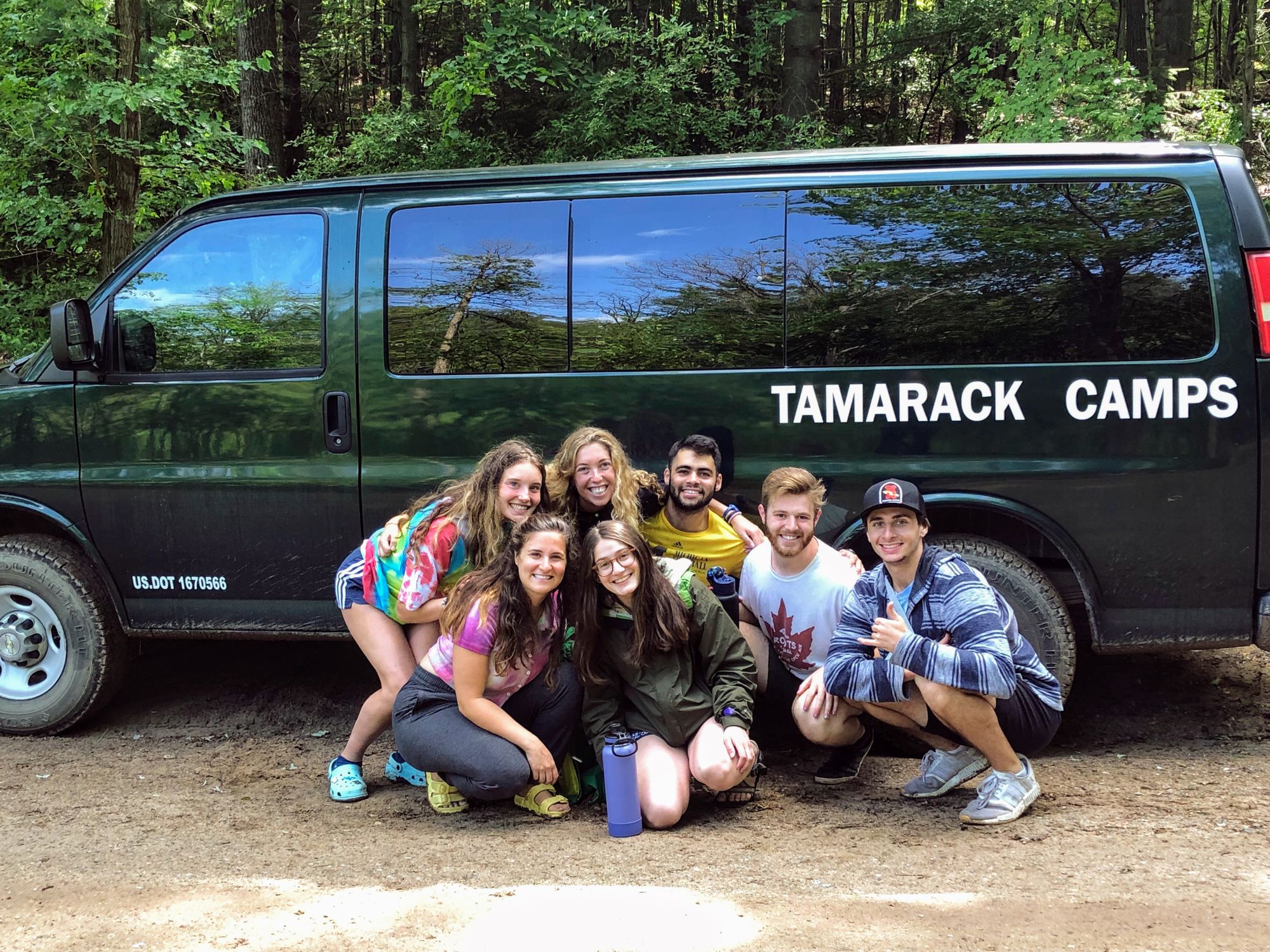
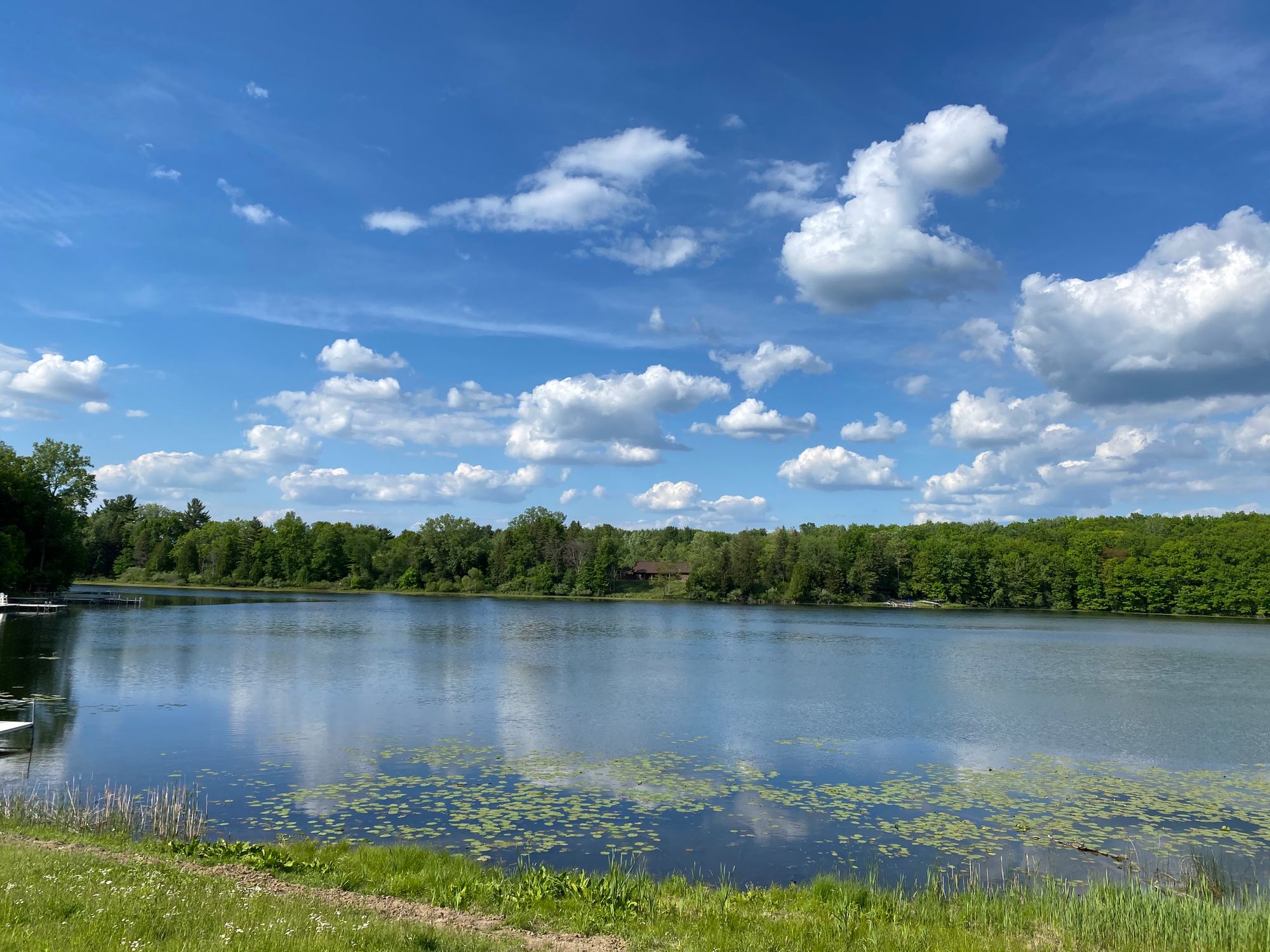
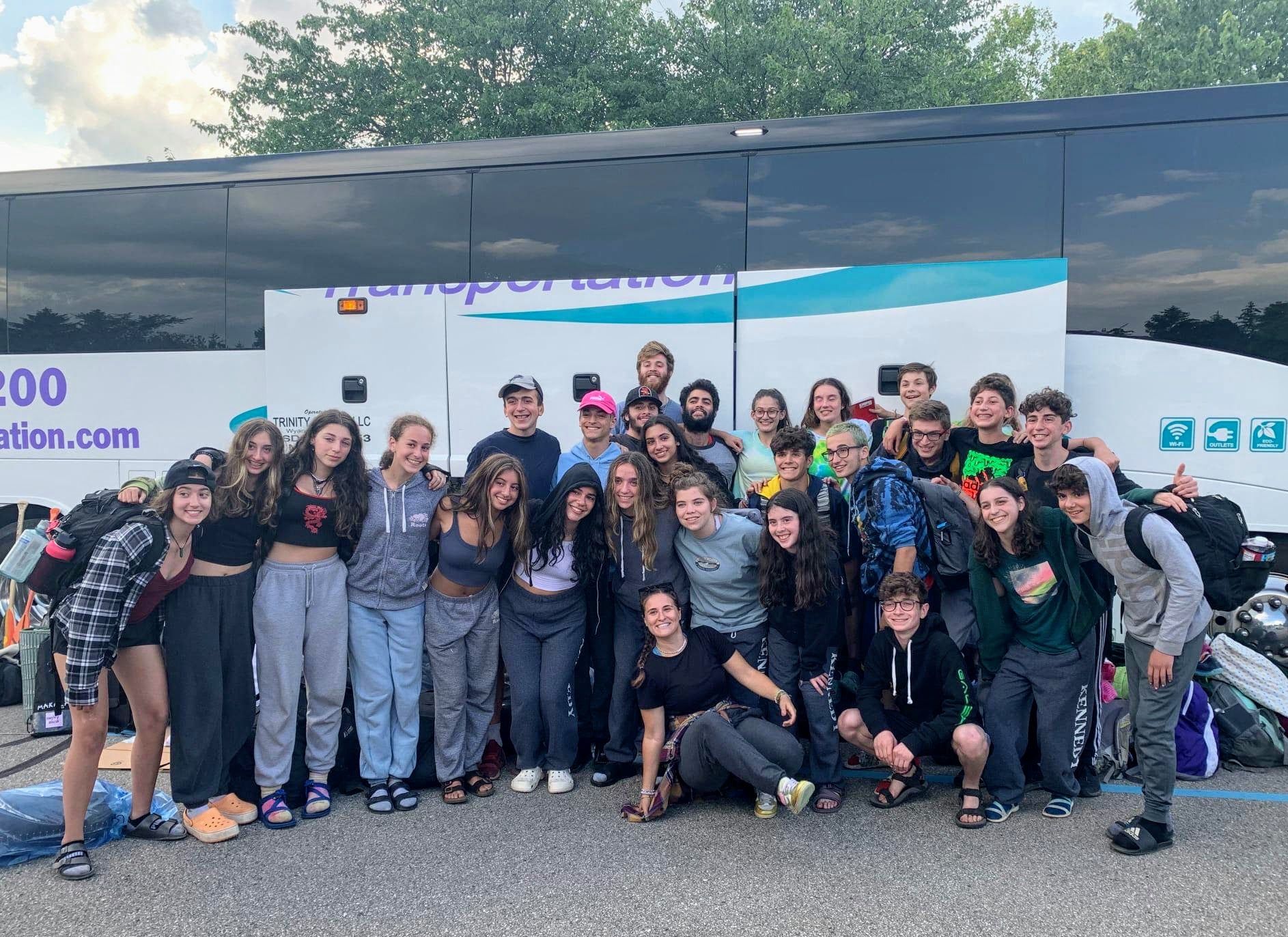
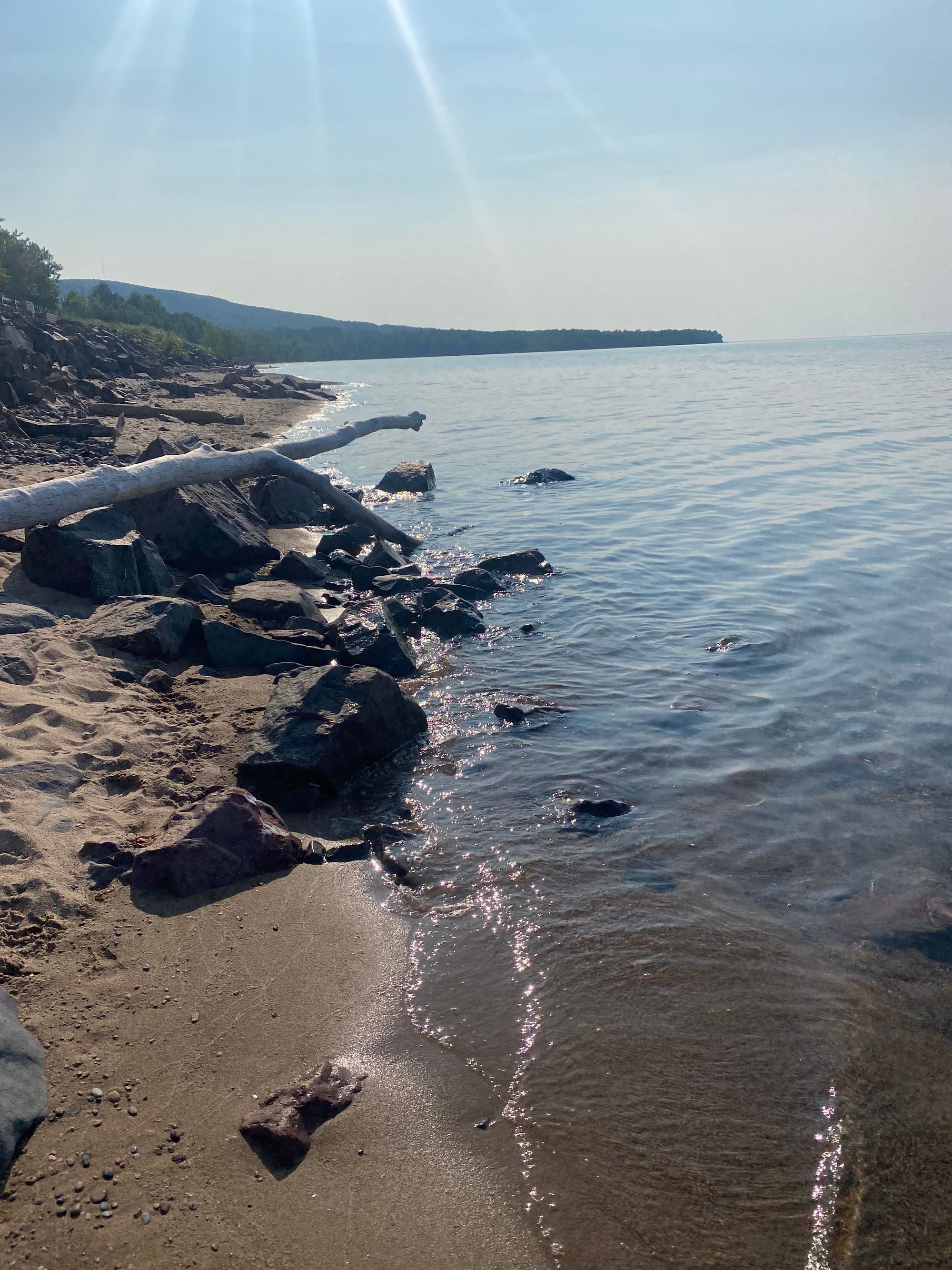
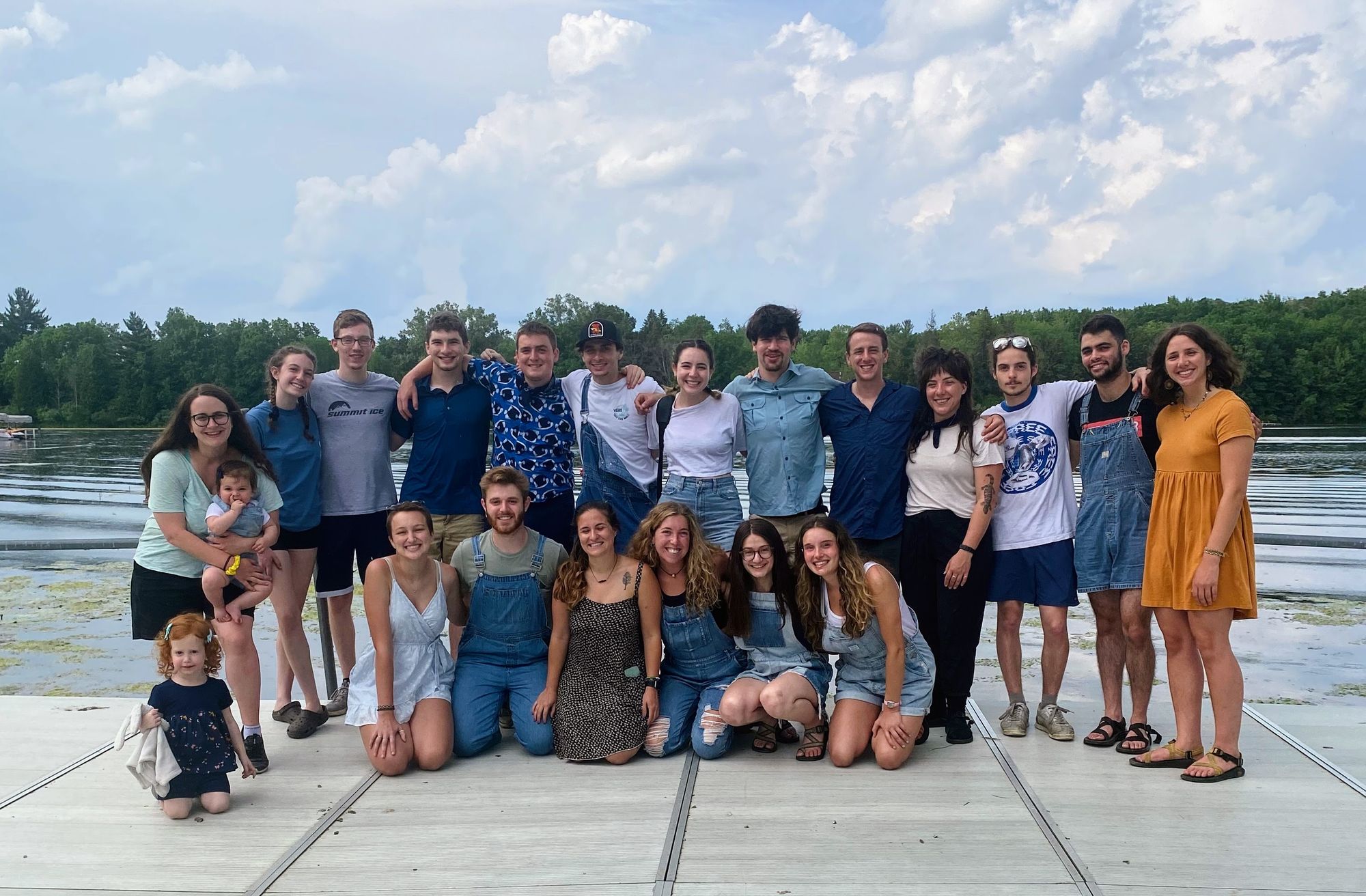
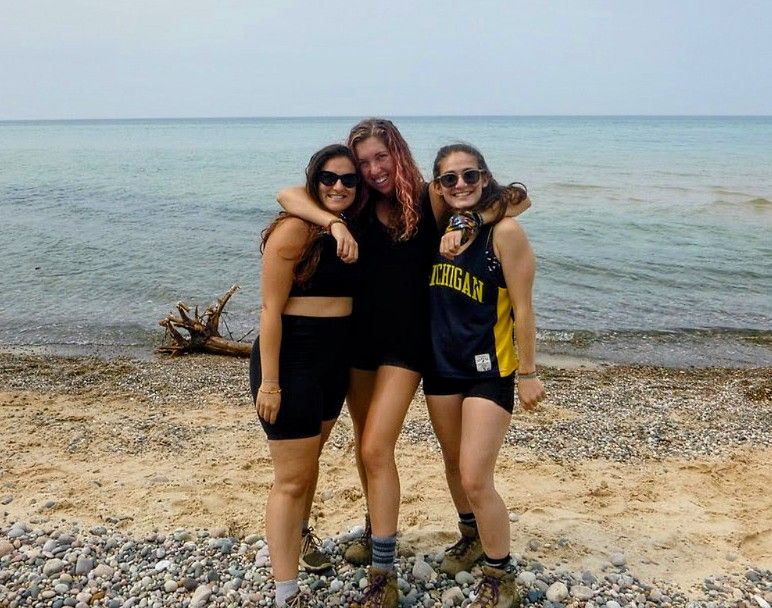
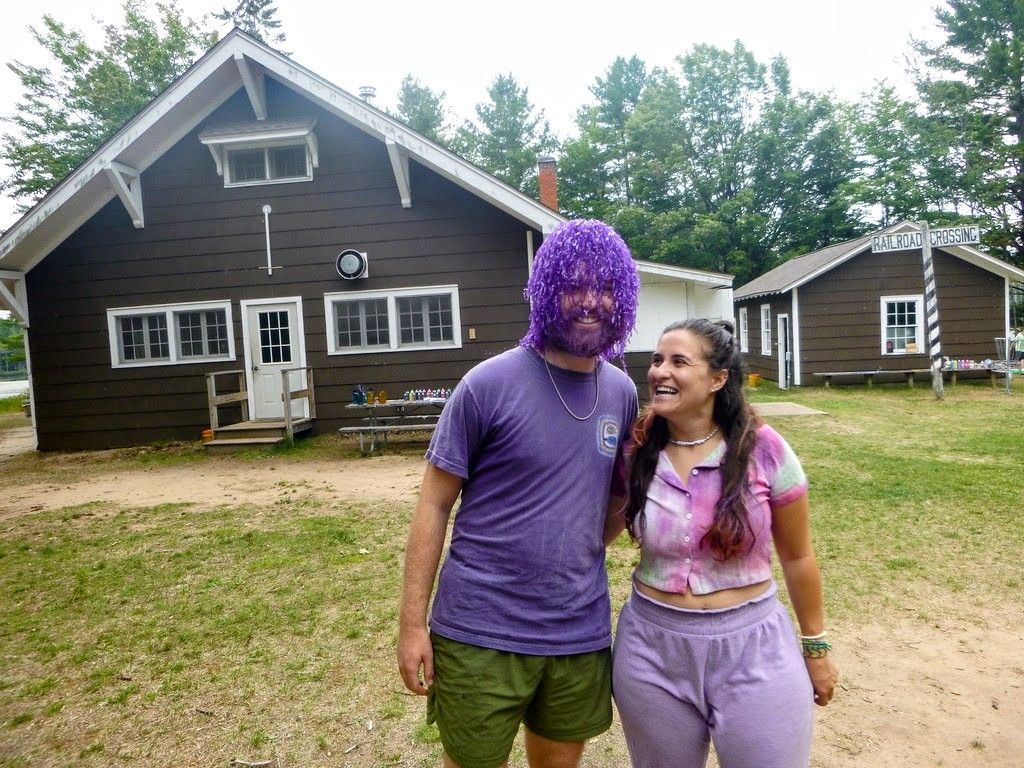
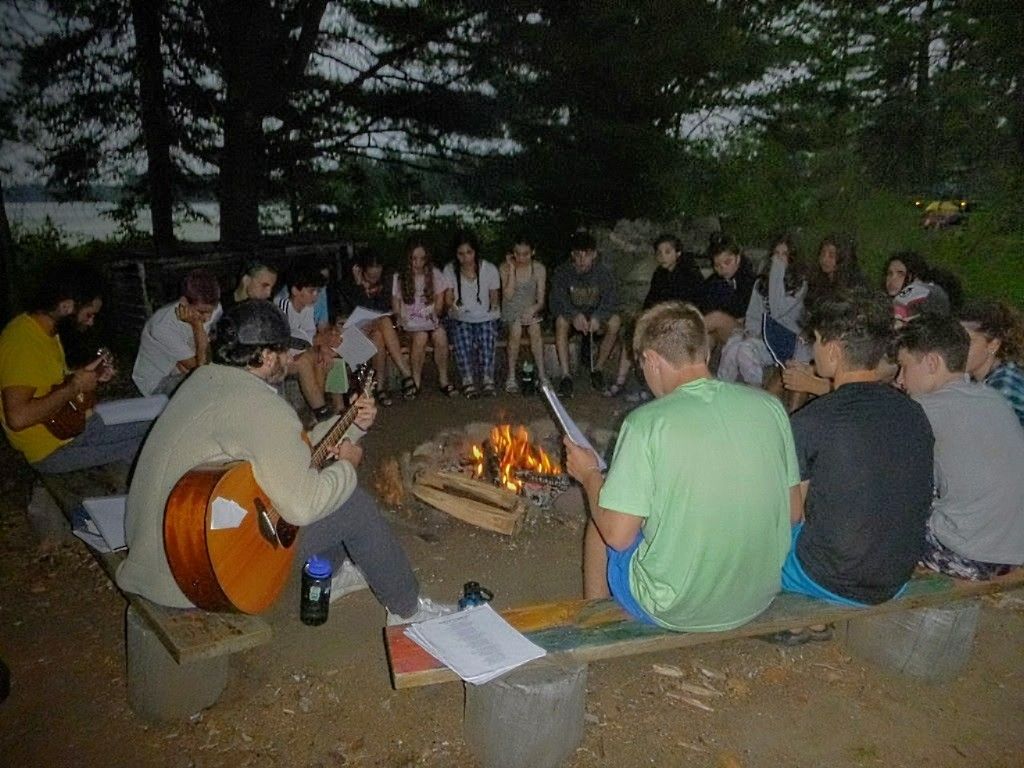
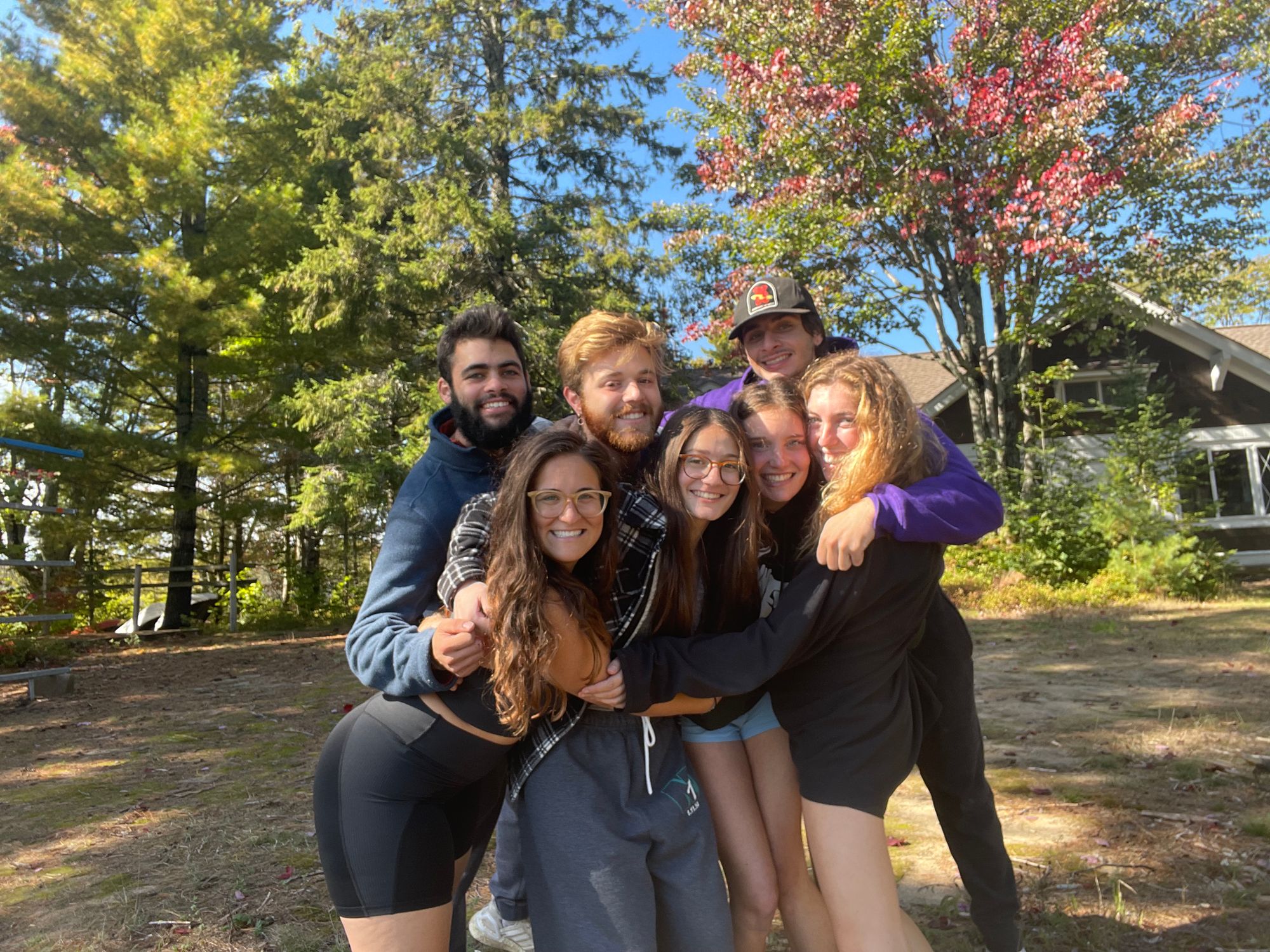
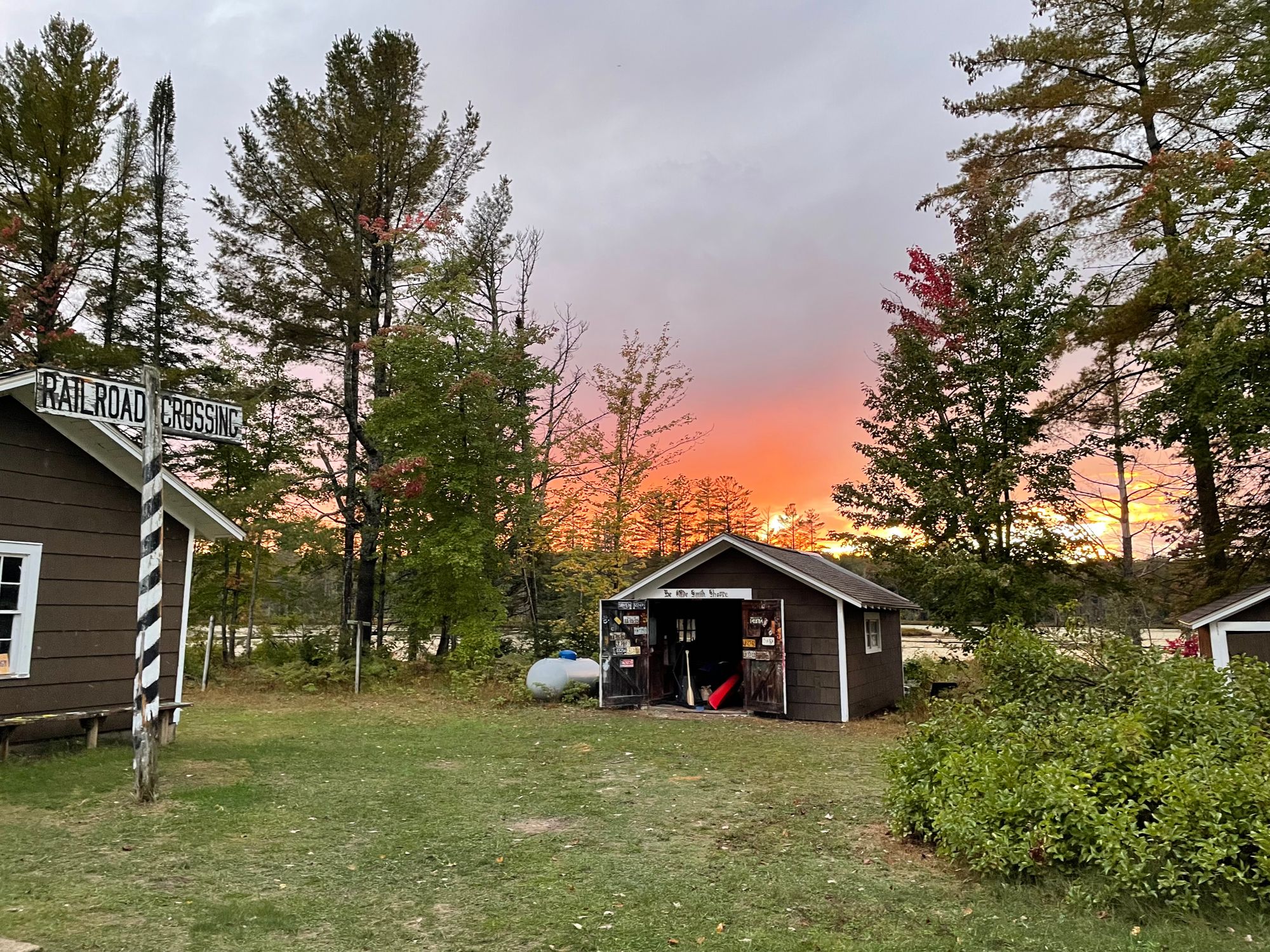
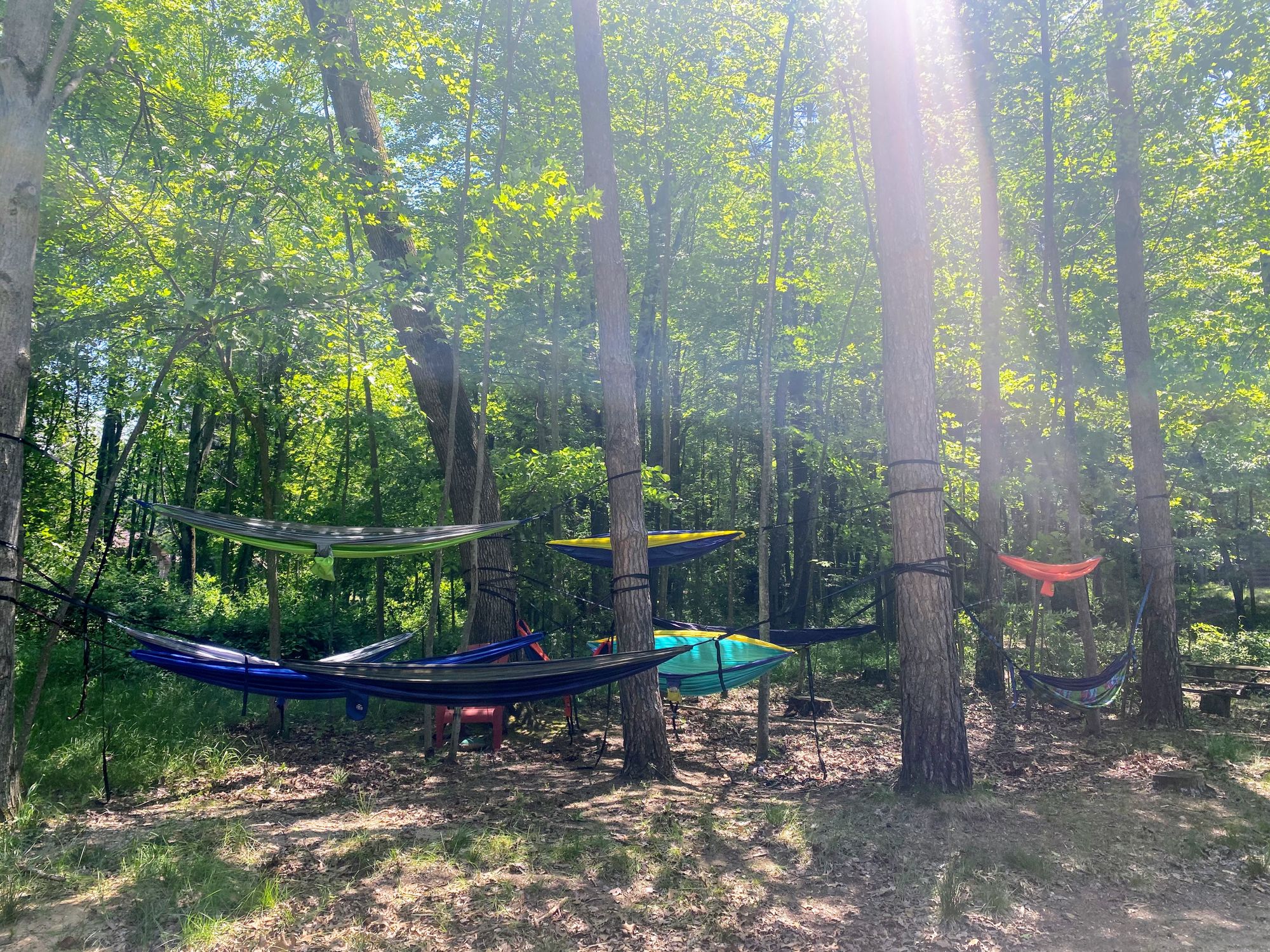
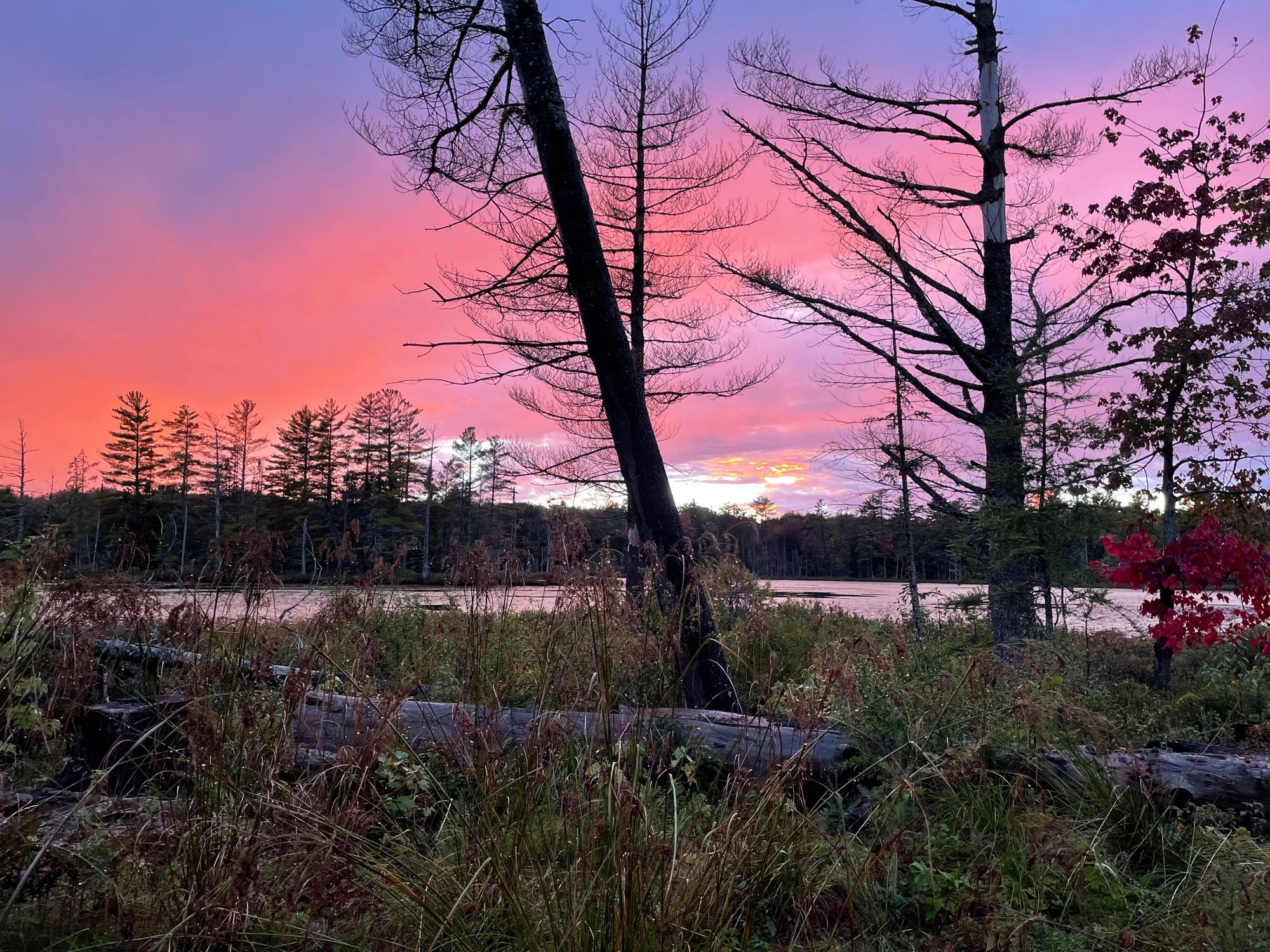
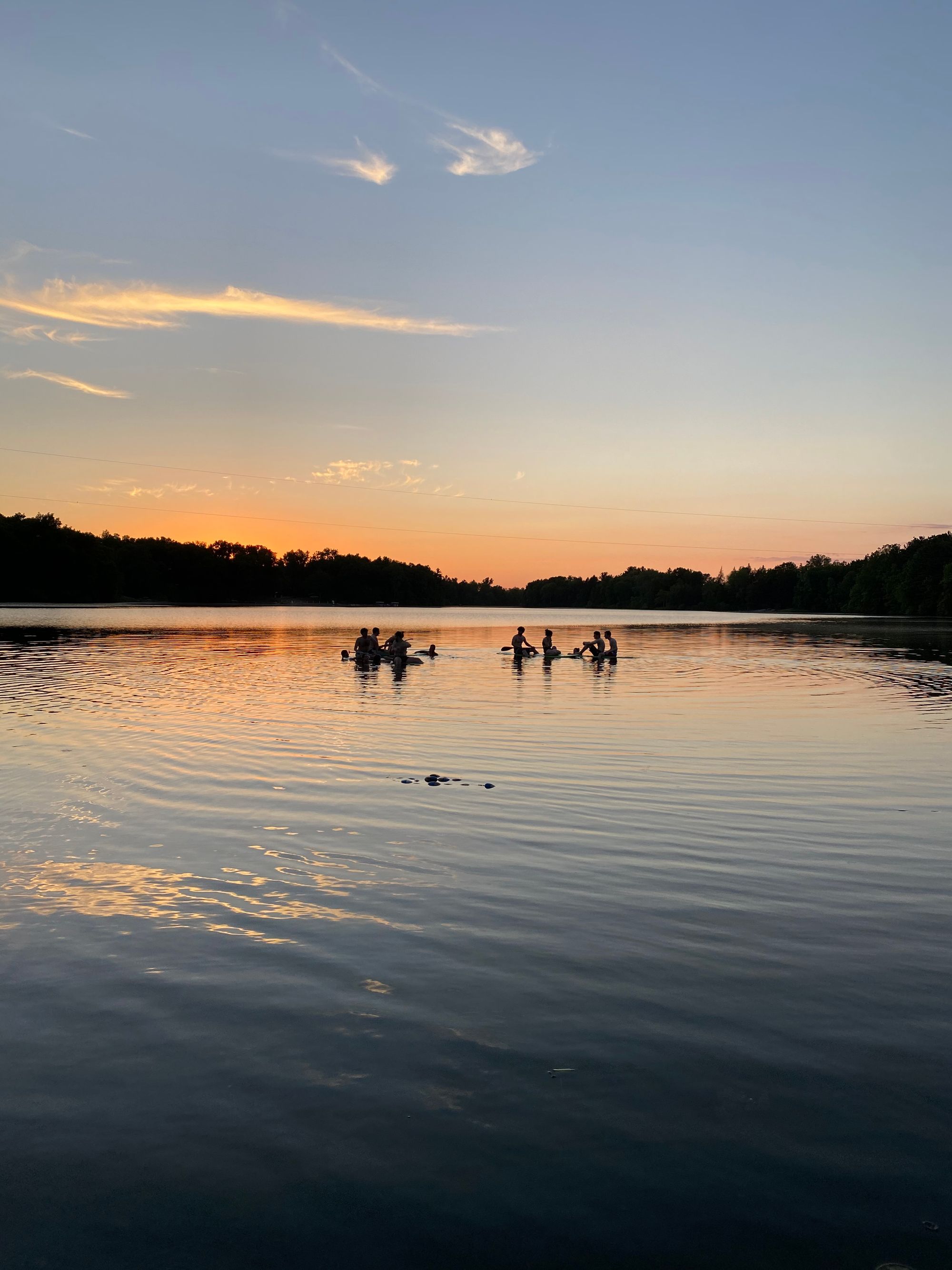
Comments
Sign in or become a Nu?Detroit member to join the conversation.
Just enter your email below to get a log in link.